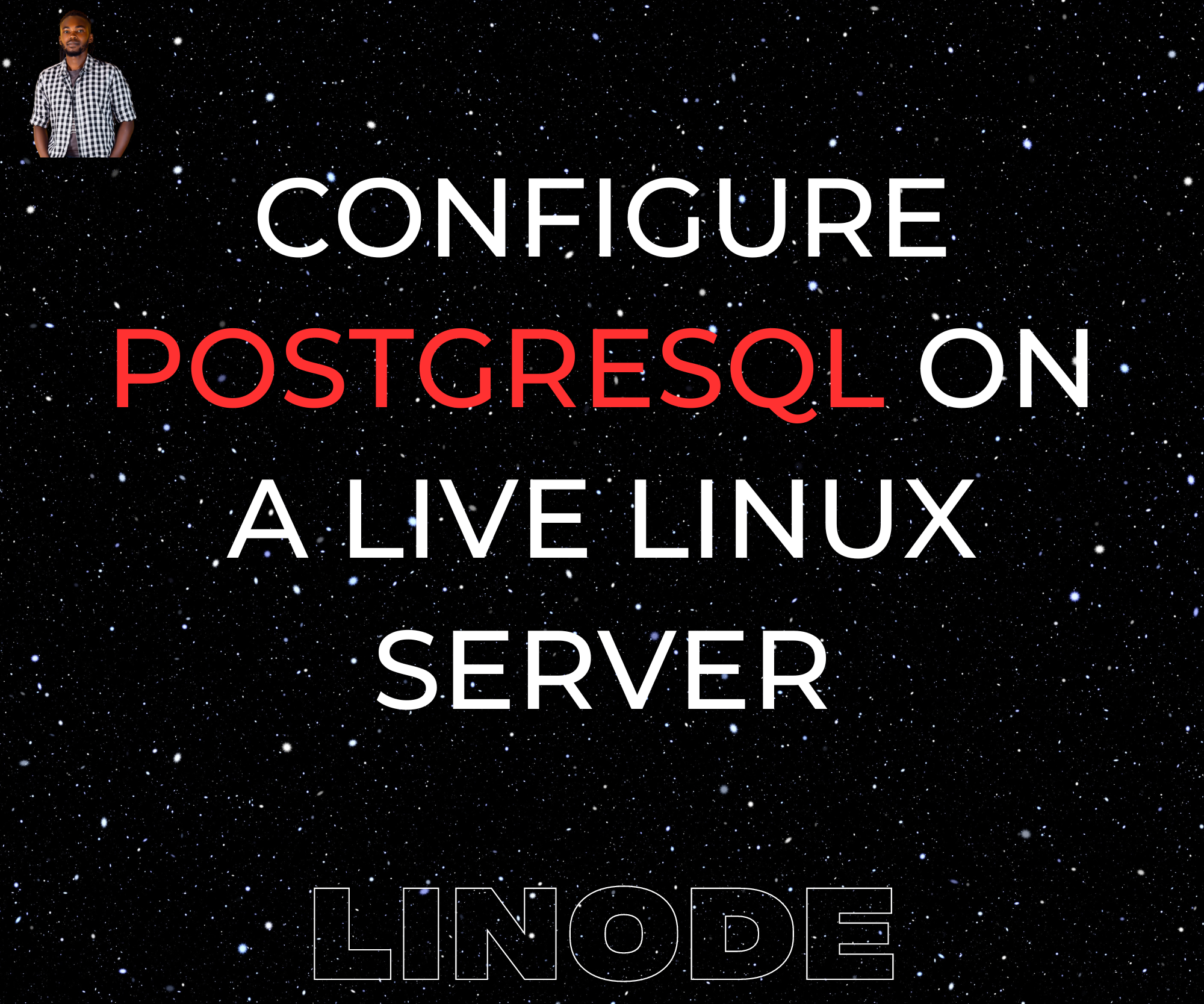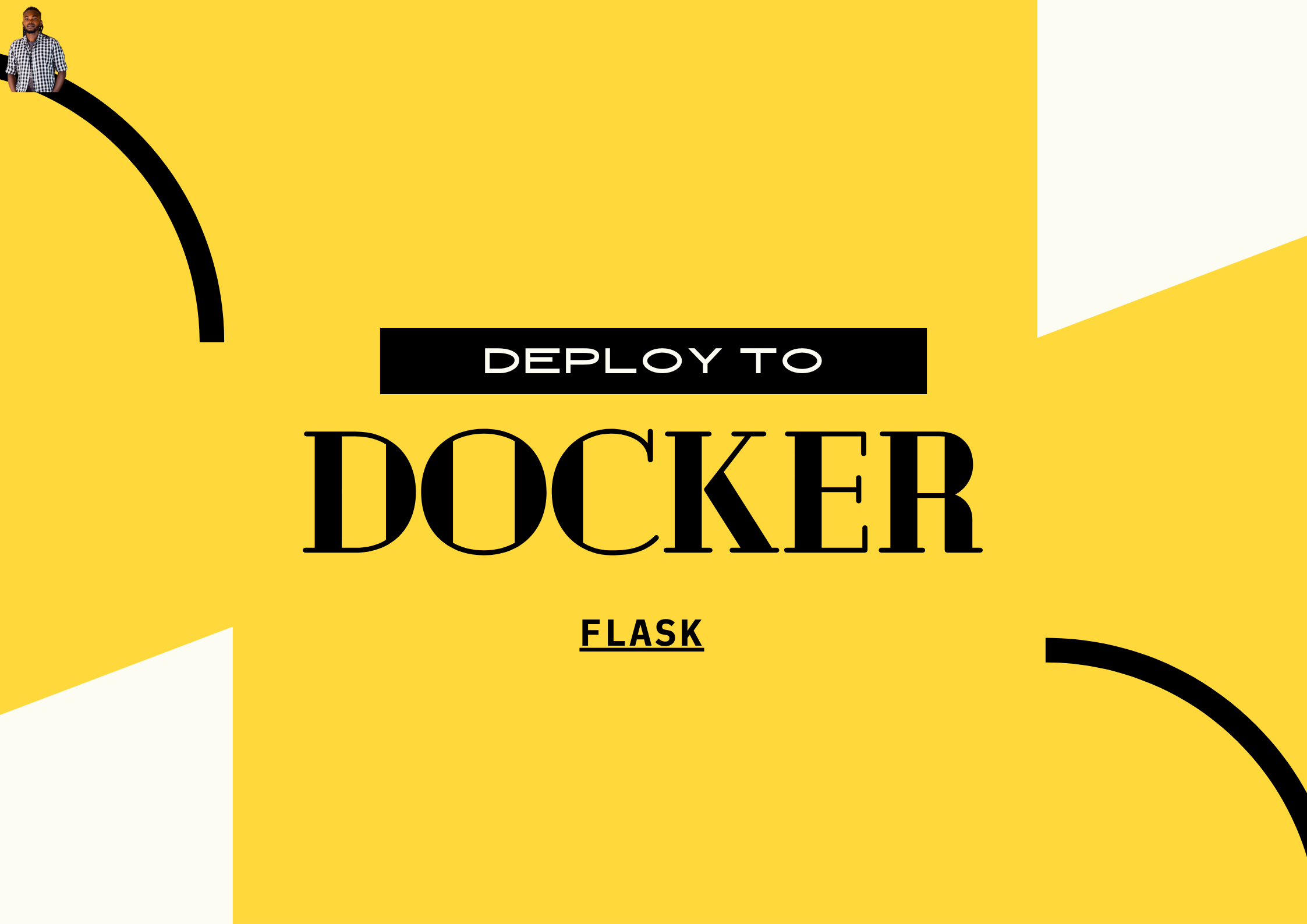Posts Related To Deployment (13)

Monitor Your Live Server On Linode
Once your application is live in your virtual machine, the only way to know that your Linux-server-based applications and services are running well is to measure what’s going on in the server and its connectivity status. A handful of Linux monitoring tools are available to help reassure us that things are working right and that anomalies are quickly recognized. Mastery of these dedicated tools, most of which are already built into the operating system, places us well on the trajectory of Linux system administrator expertise.

Configure PostgreSQL In A Live Linux Server
PostgreSQL is a feature-rich application, offering advanced features such as materialized views, triggers, and stored procedures. It can handle a very high workload, including data warehouses or highly-scaled web applications, and is noted for its stability.

How To Deploy A Flask App On Docker Containers
Docker is an open-source containerization platform. It enables developers to package applications into containers—standardized executable components combining application source code with the operating system (OS) libraries and dependencies required to run that code in any environment. The isolation and security allow you to run many containers simultaneously on a given host.
More portable and resource-efficient than virtual machines (VMs), containers have become the de facto compute units of modern cloud-native applications.

How To Install Docker in Ubuntu 20.04
Docker is an application that allows you to manage application processes using containers. These containers work in a similar manner as virtual machines but are rather more portable, resource-friendly and OS-dependant. In this tutorial, you’ll install and use Docker Community Edition (CE) on Ubuntu 20.04.

Welcome to Linode
Flask provides a built-in development server to be used during testing. Unfortunately, this server has serious limitations beyond testing purposes. This is by design and true to Flask's core philosophy of being lean but extensible. In production, Flask recommends that you look elsewhere, such as at Heroku, Python Anywhere among others. Most of these hosting servers are cloud-based, and they do an excellent job of lifting the heavy burden of server setup, hosting and maintenance from the developer.
On the other side, if you would like to know and understand what goes on behind the hosting services, you can choose to host your flask application yourself. Your Flask application, being Python-based, will require a Linux server for self-hosting needs. This is where Linode comes in.

HTTP Life Cycle
The basis of any web interaction is for a user to ask for information and receive that information. A user, the person sitting behind a browser, can type in something in a browser's URL bar, and the browser will in turn display some information back to the user. The information can be exactly what the user asked for or some feedback saying that the requested resource could not be found.
The browser in this operation is the client who requests a server, this can be Google, for information. Google will in turn respond with the requested information or an alternative feedback. This process of sending and receiving information in the web is what is referred to as the HTTP Life Cycle.

Secure Your Domain Name With SSL
If you want your website visitors and potential customers to trust your site, you need a SSL or TLS certificate installed on your website. SSL is a technology that keeps your website visitors' personal information private when they submit it to your site. If your website isn’t secure, or doesn’t use TLS, formerly known as SSL, then hackers can intercept and read the information being transmitted. This is called a man-in-the-middle attack, and the consequences can be devastating.
For some time now, Google has categorically been using HTTPS as a ranking signal in search results. This means that if your website has SSL then it’s more likely to show up higher in SERPs (search engine result pages) than a site that isn’t secure.

Buy A Domain Name For Your Deployed Flask Application
Every website on the internet has an IP address. These addresses point to a website's location. IP addresses are generally a set of numbers such as 142.250.203.206. These addresses can quickly become difficult to remember, more so if you have multiple websites' IP addresses. A domain name is a memorable name that maps to a particular website's IP address, and are typically what you would type in a browser's URL bar. An example of a domain name mapping to the IP 142.250.203.206 is google.com.
If you have deployed an application on a server, say a Linux server, your host has assigned your application an IP address. You can get yourself a memorable domain name that your users can easily recall when interacting with your application on the internet.

Welcome to Linode
Flask provides a built-in development server to be used during testing. Unfortunately, this server has serious limitations beyond testing purposes. This is by design and true to Flask's core philosophy of being lean but extensible. In production, Flask recommends that you look elsewhere, such as at Heroku, Python Anywhere among others. Most of these hosting servers are cloud-based, and they do an excellent job of lifting the heavy burden of server setup, hosting and maintenance from the developer.
On the other side, if you would like to know and understand what goes on behind the hosting services, you can choose to host your flask application yourself. Your Flask application, being Python-based, will require a Linux server for self-hosting needs. This is where Linode comes in.

Deploy Your Flask App On Linode Server
Linode is a cloud hosting provider that focuses on providing Linux powered virtual machines to support a wide range of applications. Even though many experts do not see it as a beginner-friendly, statistically, most developers prefer Linux as their development and deployment environment. It is, therefore, an excellent choice for developers who wish to work with an end-to-end Linux based application workflow.

Install And Configure Elasticsearch In Your Linux Server
If you are personally hosting your Python-powered app, you will have to contend with configuring Elasticsearch manually to ensure it works in production. As with any other deployment on a Linux server, the process of configuring yet another service can be intimidating. In this article, you will learn how to get your Elasticsearch service to work on Linode.





